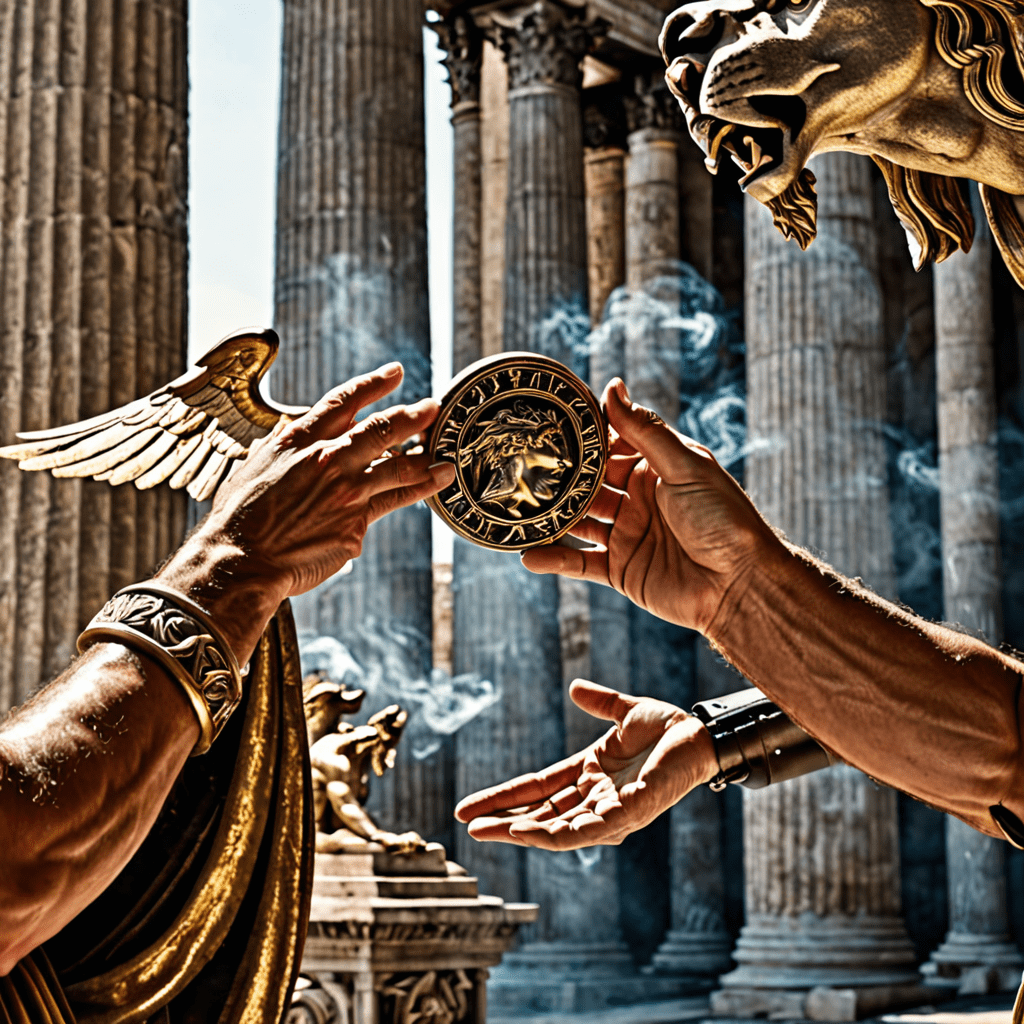The Symbolism of Trust and Deception in Roman Mythology
Roman mythology is rich with tales of gods, goddesses, and legendary figures that embody aspects of trust and deception. Let’s explore the profound symbolism attached to these themes in Roman myths.
The Archetype of Trust in Roman Mythology
In Roman mythology, trust is often personified by deities like Venus, the goddess of love and beauty, and Saturn, the god of abundance and agriculture. Venus, for instance, symbolizes the trust that nurtures deep connections and harmonious relationships among beings. Her role in fostering love and unity highlights the importance of trust in Roman culture.
Deception and Betrayal in Roman Mythology
Conversely, deception and betrayal are prevalent themes in Roman myths, embodied by figures such as Janus, the two-faced god of beginnings and transitions, and Discordia, the goddess of strife and discord. These deities represent the darker aspects of human nature and remind us of the consequences of deceit and betrayal in both personal relationships and society.
Symbols of Trust and Deception in Roman Iconography
Symbolism in Roman mythology often extends beyond the characters themselves and is reflected in various symbols and motifs. The olive branch, a traditional symbol of peace and trust, frequently appears in depictions of Venus, emphasizing her role in fostering trust and harmony. On the other hand, the snake, symbolizing deceit and temptation, is often associated with figures like Janus, underscoring the intricate relationship between trust and deception in Roman mythological narratives.
The Morality Play of Trust and Deception in Roman Myths
Through the intricate tapestry of trust and deception woven into Roman mythology, these ancient tales serve as moral lessons for individuals and societies. The stories of loyalty and treachery, faithfulness and cunning, offer valuable insights into human behavior and the consequences of our actions. By exploring these myths, we can gain a deeper understanding of the complexities of trust and deception in our own lives.
FAQ: The Symbolism of Trust and Deception in Roman Mythology
What significance does trust hold in Roman mythology?
Trust in Roman mythology symbolizes loyalty, honor, and faithfulness among gods, mortals, and creatures. It often reflects the strength of relationships and the reliability of individuals.
How is deception portrayed in Roman mythology?
Deception in Roman mythology is depicted as a tool used by gods, goddesses, and other beings to manipulate situations, test individuals, or achieve personal objectives. It serves as a reminder of the complexities of human nature and the consequences of deceit.
Can you give an example of trust and deception in Roman myths?
One prominent example is the story of the Trojan War where the deception of the Trojan Horse led to the downfall of Troy, highlighting the consequences of misplaced trust and cunning deception in the epic narrative.


